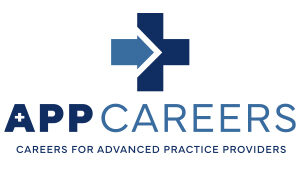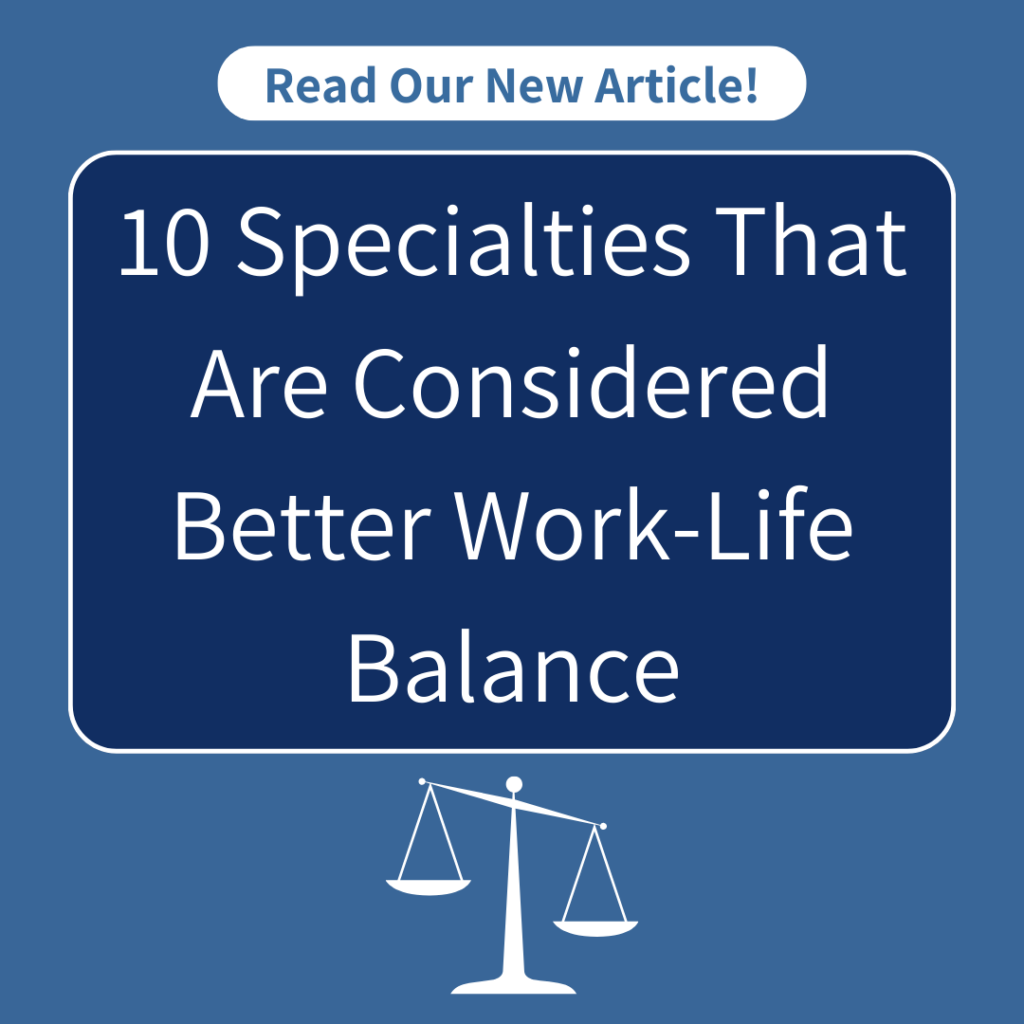Determining the specialties with the best work-life balance for Advanced Practice Providers (APP) can be subjective and may vary. Here is a list of 10 specialties that are considered better work-life balance:
1. **Primary Care:** Nurse practitioners and physician assistants working in primary care settings often have more regular hours compared to some other specialties, allowing for a better work-life balance.
2. **Urgent Care:** Working in urgent care facilities can offer predictable schedules and minimal on-call duties, providing APP providers with more flexibility in their work hours.
3. **Dermatology:** Dermatology practices typically have a good work-life balance with regular hours and fewer urgent or emergency situations compared to some other medical specialties.
4. **Occupational Health:** Nurse practitioners and physician assistants in occupational health settings often work regular daytime hours with minimal or no weekend or on-call responsibilities.
5. **Aesthetic Medicine:** Providers working in aesthetic medicine may have more control over their schedules, with the potential for part-time or flexible hours depending on the practice.
6. **Telemedicine:** Telemedicine roles can offer APP providers the flexibility to work from home or remotely, allowing for better work-life balance and schedule control.
7. **Palliative Care:** Working in palliative care can be emotionally rewarding and may offer more predictable hours compared to high-intensity specialties like emergency medicine or critical care.
8. **Family Medicine:** Family medicine practices often provide a good work-life balance, with opportunities for continuity of care and a focus on preventive medicine.
9. **Women’s Health:** Specializing in women’s health, such as gynecology or obstetrics/gynecology, can offer a balance between clinic hours and potentially more predictable schedules compared to some acute care specialties.
10. **Medical Aesthetics:** Nurse practitioners and physician assistants specializing in medical aesthetics may have the opportunity to work in a more relaxed environment with flexible scheduling options.
It’s important to note that work-life balance can vary widely depending on factors such as practice setting, patient population, geographic location, and individual preferences. Healthcare providers should carefully consider their personal and professional priorities when choosing a specialty to ensure they find the right balance for their lifestyle.


